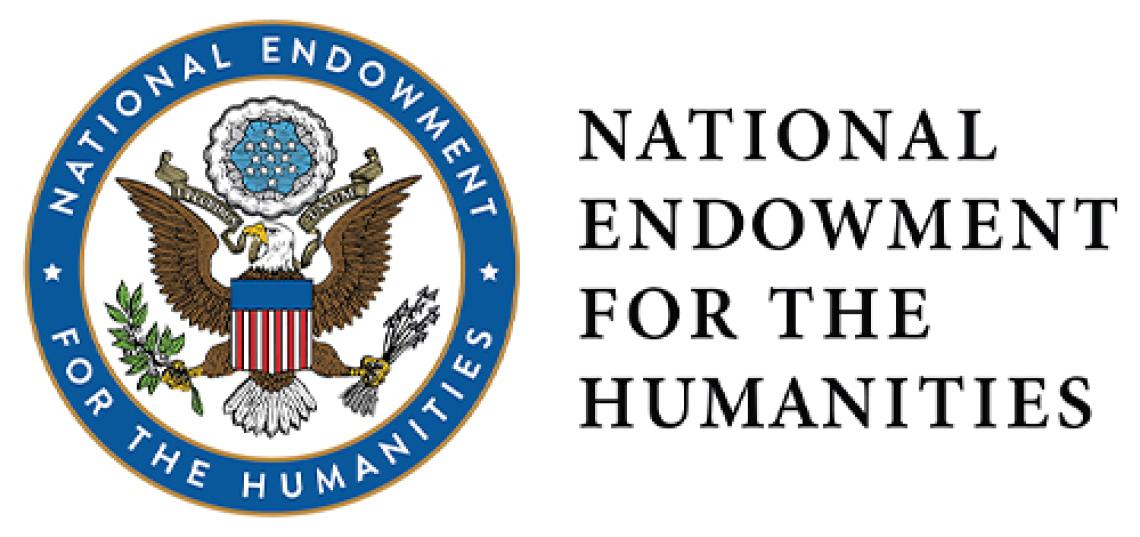
The National Endowment for the Humanities has awarded $149,970 in grant funding to SC&I Associate Professor of Journalism and Media Studies Caitlin Petre and Assistant Professor of Communication Julia Ticona at the Annenberg School of Communication, University of Pennsylvania, for their joint project “Imagining AI in organized labor: Struggles over the value of cultural work.”
The project is funded as part of the NEH’s Dangers and Opportunities of Technology: Perspectives from the Humanities (DOT) program, and will examine the impact of generative artificial intelligence (AI) on the future of creativity and cultural work.
“I am honored to have our work supported by NEH and excited to launch the research on organized creative labor and AI that this funding will make possible“ Petre said.
The project’s goals “are to deepen scholarly and popular understanding of the social processes by which collective meaning is assigned to emerging workplace technologies, and to consider how these assigned meanings have implications for ongoing labor struggles and inter-occupational solidarity,” Petre and Ticona said.
“In recent months,” Petre and Ticona wrote, “AI has become a key sticking point in labor negotiations for workers in media industries, from journalists to actors to film and television writers, many of whom are contending with the possibility of automation for the first time. Through interviews, ethnographic observation, and discourse analysis, this collaborative project investigates how cultural workers – and the unions that represent them – conceptualize generative AI and how these conceptualizations in turn shape 1) labor demands and 2) cultural workers’ understandings of their work and its status relative to other occupational groups.”
The NEH Dangers and Opportunities of Technology: Perspectives from the Humanities (DOT) program supports research that examines technology and its relationship to society through the lens of the humanities, with a focus on the dangers and/or opportunities presented by technology.
The project’s goals “are to deepen scholarly and popular understanding of the social processes by which collective meaning is assigned to emerging workplace technologies, and to consider how these assigned meanings have implications for ongoing labor struggles and inter-occupational solidarity,” Petre and Ticona said.
The National Foundation on the Arts and the Humanities Act of 1965 created the National Endowment for the Humanities as an independent federal agency. The Endowment awards grants to top-rated proposals examined by panels of independent, external reviewers. The NEH Dangers and Opportunities of Technology: Perspectives from the Humanities (DOT) program supports research that examines technology and its relationship to society through the lens of the humanities, with a focus on the dangers and/or opportunities presented by technology.
Discover more about the Journalism and Media Studies Department at the Rutgers School of Communication and Information on the website.
